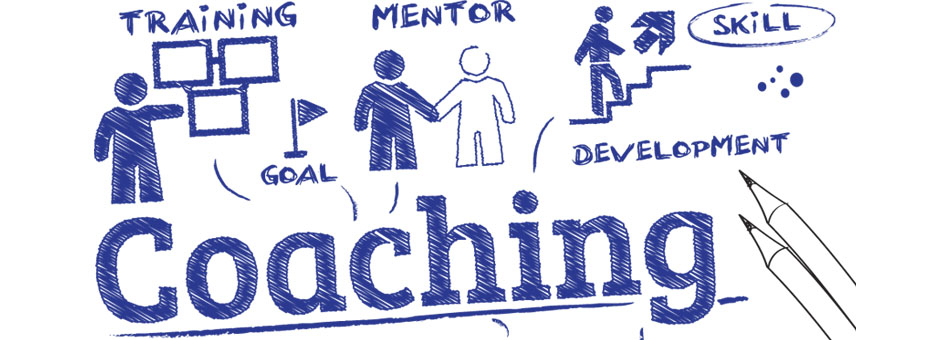A few weeks ago I attended the 4th annual Lean Coaching Summit in Seattle. This year the summit was organized around two tracks:
- coaching for people development
- coaching for problem solving
The intersection of these two capabilities is what we call “lean coaching”: coaching people to be active problem solvers. I left the summit with a clear question in mind: How do we bring greater intention to our process for developing people as problem solvers? Two points from the Summit stand out to me as key elements to addressing this question.
Be Specific and Stay Consistent About Coaching Plans
Ron Gallimore and Hank Bias each spoke about their experiences with coaching in the “developing people” track. They shared their experiences learning from UCLA basketball coach John Wooden’s approach to coaching and teaching. One of Wooden’s strengths, they said, was that he was extremely intentional about his coaching plans.
Wooden was a schoolteacher before he was a basketball coach and his foundation for coaching was rooted in teaching students to learn. Wooden spent as much or more time preparing his coaching plan as he did coaching. He would develop a plan not only for the team, but for each individual player, and he developed the practice of not deviating from his “lesson plan” for the day either in the classroom or on the basketball court.
In the middle of a coaching session, if Wooden saw that there was a development need or he thought of something new that he wanted to introduce, he wouldn’t spontaneously introduce it but rather would plan it in for the next day. Wooden found that when he deviated from his coaching plan on the spur of the moment that it often had the unintended consequence of having to spend many additional days unteaching it because the purpose and process for teaching the concept had not been thought through.
I’ve become much more intentional about how I coach others in recent years – by asking more effective questions, by listening, and by developing a greater awareness of the other person’s development needs by coaching them through a personal development A3. I plan to bring even more intentionality to my coaching by creating more specific plans for coaching sessions for the teams and individuals with whom I’m working. It’s easy to “wing it” or bring in a new concept or tool on the spur of the moment, but without understanding how it fits into the bigger picture, it can cause more confusion to the group or individual.
Use Intentional Language to Support the Development of New Behaviors
In the “problem solving” track, the idea of bringing greater intentionality to the language we use with our team members every day inspired me. As David Meier shared, the very words “problem solving” can even trip us up, as we often assume that we know what the “problem” is before we have gone through the process of understanding what it actually is.
David suggests that instead of starting with saying we have a “problem”, we should use words such as “issue”, “challenge” or “situation”. In his experience, as in my own, it is the process of defining a problem that is the most challenging when working through an A3 or other problem solving process. Often what we think is the “problem” is actually a symptom or contributing cause to the real problem.
It is human nature for us to leap to solutions – and for us to assume that the issue we are initially presented with to be the actual problem. It’s hard for us to muddle through the unknown, but as David shared, it is the very process of defining the problem properly that creates clarity for the real solution.
David also told a story from when his team at Toyota Kentucky celebrated the success of hitting a target. His Japanese sensei asked him some questions about the problem solving process, which he wasn’t able to answer. He told him: “It’s not about the results – if you miss the target, hit the target, or exceed the target. It doesn’t matter if you don’t know how you got there.”
These words remind me of what Isao Yoshino shared with me recently in Nagoya, Japan, that the words we use are important and that the most important part of developing problem solving thinking capability in others is to help them learn the process of problem solving.
As coaches, we can help the problem solver by switching our language to help them define the issue, symptoms, and causes by asking questions to fire a different synapse in our team members’ minds, to paraphrase Gallimore’s words from his Summit talk. A coach’s role is to help someone better understand their own process for getting to the outcome.
How are you going to bring greater intention to the way that you coach?
What is your plan to develop others?
What words will you choose to help someone solve problems?
Managing to Learn with the A3 Process
Learn how to solve problems and develop problem solvers.






